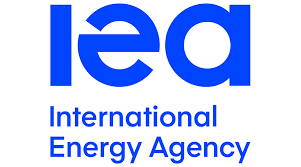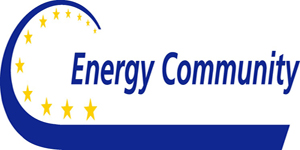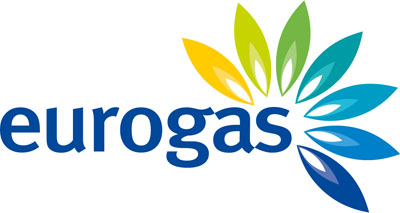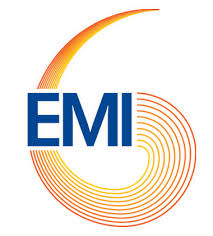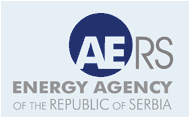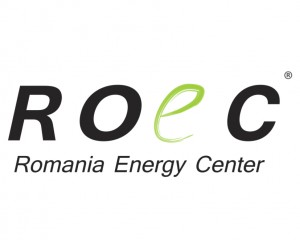With China pouring loans into the Western Balkans, the EU must step in to ensure this money benefits the region
While the EU has kept busy with its economic and political crises, China has become a main financier in the eastern part of the continent.
China’s far-reachingBelt and Roadinitiative to create mega connectivity corridors on land and by sea, including from China to Europe, is made viable with Chinese financing and development of big ticket infrastructure projects in wider Europe’s key strategic transport and energy sectors.
But there’s more going on. China is financing at least five new coal plants in the Western Balkans that would not qualify for financing from multilateral development banks and export credit agencies, which have stepped away from coal in the last years.
China is increasing its ties not only with the Western Balkans but also with investment-hungry eastern EU member states, mainly through a China-led platform, the so-calledCentral and Eastern Europe-China "16+1” framework, that comprises annual signing of trade agreements.
In the rush for Chinese cash, the Western Balkans are agreeing to business deals that could prove problematic for the countries’ path towards EU accession.
The trouble is, there are insufficient mechanisms to ensure that Chinese investments in the Western Balkans adhere to EU standards. In the Western Balkans, not yet members of the union, the EU has fewer tools at its disposal, and those which it does have, it does not use sufficiently.
Take for example thenine or so new coal-fired power plantsplanned by Western Balkan countries at the moment. Of these, at least five – Kostolac B3 in Serbia, and Tuzla 7, Banovići, Gacko II and Kamengrad in Bosnia-Herzegovina – are expected to involve Chinese companies and receive financing from the China Exim Bank, the Industrial Commercial Bank of China and potentially other Chinese banks.
Not one of them is guaranteed to be in line with the EU’s current pollution control standards, the so-called LCP BREF. The environmental impact assessments are generally of low quality and all the ones done so far are being challenged in court.
Only one of the projects has been subject to a tender procedure which appeared to be regular. ForKostolac B3in Serbia there was none at all – with Serbia and China instead signing an intergovernmental agreement to waive this requirement.
The Chinese loans discussed so far would be backed by state guarantees with unknown conditions, thus potentially clashing with the countries’state aid commitmentsunder the Energy Community Treaty. In the case of Kostolac B3 the Serbian state actually took the loan instead of the state-owned company Elektroprivreda Srbije (EPS), thus shielding EPS from any real risk. Other forms of state aid eg. subsidies for coal mining also plague the sector in these countries.
Even with the state aid, most of the projects are unlikely to be profitable. Their proponents are too optimistic about likely electricity sales prices and coal production prices, andhardly any of them have taken future CO2 costs into account. Adding even low CO2prices for plants like Kostolac B3 andGacko IIresults in the plants being unprofitable.
One Chinese-financed coal plant,Stanari, in Bosnia-Herzegovina, has already been built in the region and started operating in 2016. EU pollution control legislation for new plants has been updated twice since the Large Combustion Plants Directive which Stanari was designed to comply with, rendering it out of date before it even started to operate. In May 2017 mediareportedthat project promoter EFT may sell the Stanari plant ora share in itto Croatia’s state-owned Hrvatska Elektroprivreda, raising questions about its profitability.
Current Chinese financing in the Western Balkans’ energy sector is enabling non-compliant coal projects to thrive, thus putting European regulatory harmonisation at risk.
At the same time, the EU and the Western Balkans are caught in a chicken-and-egg situation: The EU has not been able to offer a quick enough accession perspective to motivate the Western Balkans countries to comply with EU law, while the countries have not made enough progress for the EU to promise rapid accession.
The only way to solve this conundrum is for the EU to step in and ensure its legislation is adhered to when Chinese investors offer deals to the Western Balkans.
At this week’sEU-Western Balkans summitin Sofia, Bulgaria, the EU is expected to reaffirm its commitment towards its Western Balkans partners and strengthen connectivity with and within the region. This follows itsWestern Balkans Strategyissued on 6 February this year, which constituted the EU’s clearest statement in years on the prospects for accession.
This summit constitutes a clear opportunity for the EU to assert its position and clearly let China and the Western Balkans countries know what it expects.
*Wawa Wang is Public Finance Policy Officer at CEE Bankwatch Network. She monitors public financing in the Western Balkans and works to tighten safeguard mechanisms at Chinese and multilateral development banks.
(Euractiv, May 18, 2018)

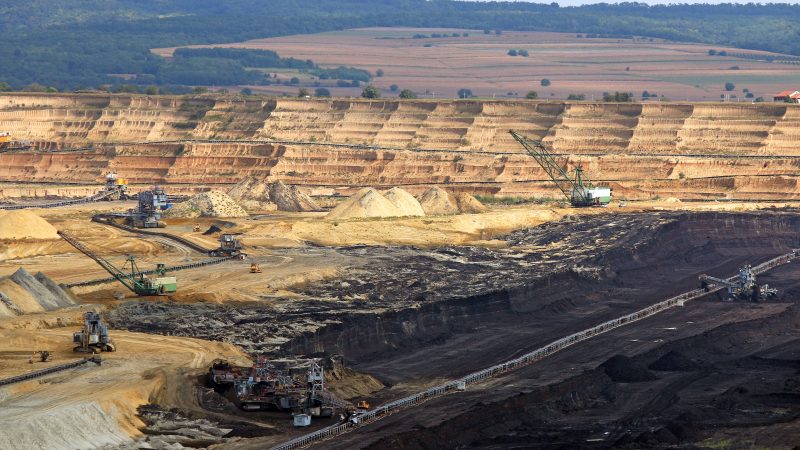 by Wawa Wang*
by Wawa Wang*

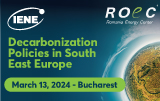

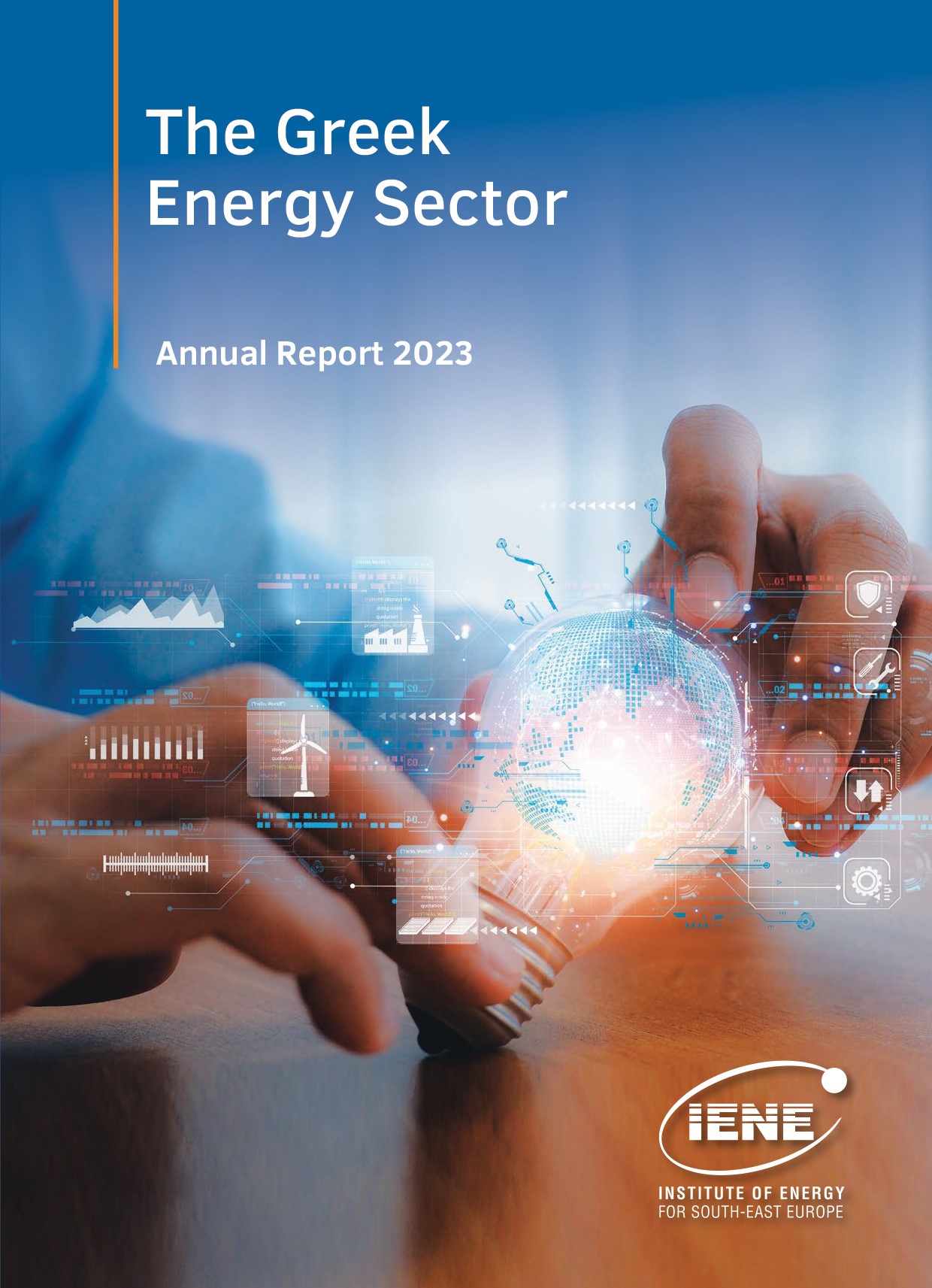

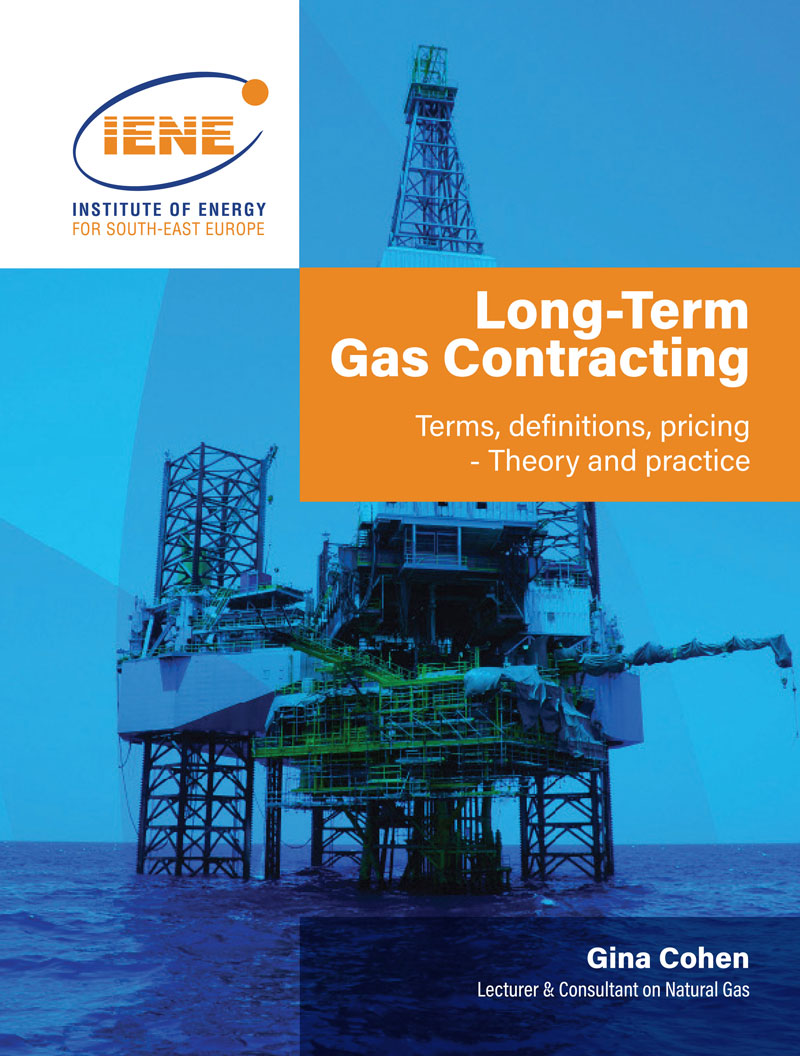 More
More
